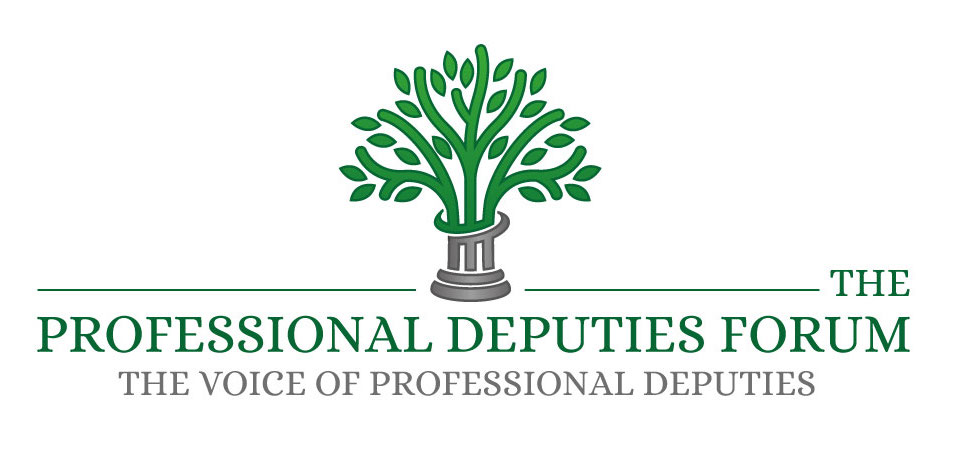If you saw our recent post about credit score myths, you’ll know that you don’t actually have just one universal credit score. In fact, lenders will have their own different scoring criteria for each of their products.
Of course, there are things you can do to ensure that when you do apply for credit, your score will be as high as possible.
1) Find out what your score is
Firstly, it helps to know what your score actually is! Each of the Credit Reference Agencies (CRA’s) have a service which allows you to see an example score based on the information in your credit report. It’s a great idea to check these scores as well as your reports. This way, you can check the information that’s being recorded about you and make sure it’s all correct.
For further information, you can visit the websites for each of the UK’s CRA’s here:
2) Register on the Electoral Roll
Not many people know this, but the electoral roll is used to help calculate your score. If you’re not registered, it’s likely to have a negative impact and lower your score.
This might seem strange, but companies use the electoral roll to help them to verify your identity. When you don’t appear it’s harder for them to do this and so they’re more likely to decline your application.
If you’re not registered, don’t worry – it’s really simple to get yourself added. You can learn more here.
3) Close accounts you’re not using
The amount of credit that you have available to you can also impact your credit score. That means things like credit card limits or overdrafts – even if you haven’t used them!
If you have an account such as a catalogue or credit card with a limit that’s bigger than your needs or that you’re just not using at all, then it’s a good idea to contact the company to reduce your limit or close your account.
4) Make payments on time
When you think of your credit score as a reflection of how you’re managing your existing credit accounts, it’s not surprising to hear that when you make late payments, it’s likely to have a negative impact on your score.
Late payments are recorded on your credit report – and before long, too many late payments can turn into a default, a county court judgment and even bankruptcy.
Get into good habits now to maintain a healthy credit history. Where possible, set up direct debits so that payments are always made on time.
5) Don’t make too many applications for credit at once
When you apply for credit, a search is recorded on your credit report – but lenders can’t see if that search resulted in you getting credit or not. If you’ve made lots of applications over a short period of time, lenders will see this as a potential risk because you might already be over-committed. It can also be a sign that you’re struggling to live within your means.
Are you financially vulnerable right now?
Our service is there to protect and support people during times in their lives when they’re financially vulnerable. By registering, you can let companies who use the VRS know about your circumstances so that they can treat you and your information accordingly.














Post a comment